Russia and its satellites the region have unleashed a new war in the Balkans.
Serbian President Vučić’s statement about being attacked by Kosovo and the Balkans’ ‘denazification’ clearly echoes Russia’s invasion of Ukraine. Serbia and Russia walk step for step in expanding their territorial boundaries as part of the imperial ambitions and geopolitical claims.
The full coincidence of the aggression pretext and the Kremlin’s direct participation in coordinating the actions prove that Russia is on the way to fuel a new conflict in Europe without being involved militarily. This newly-created conflict aims at:
1. Diverting attention from Ukraine and reducing European countries’ support for Kyiv.
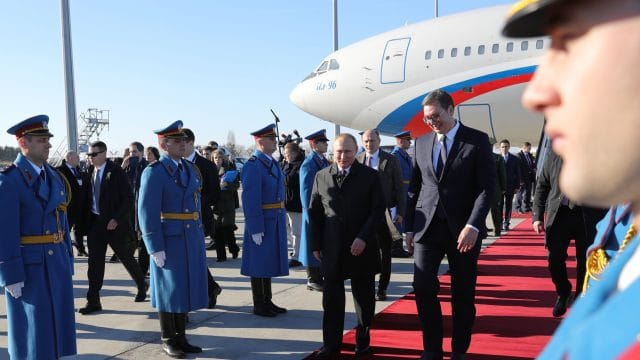
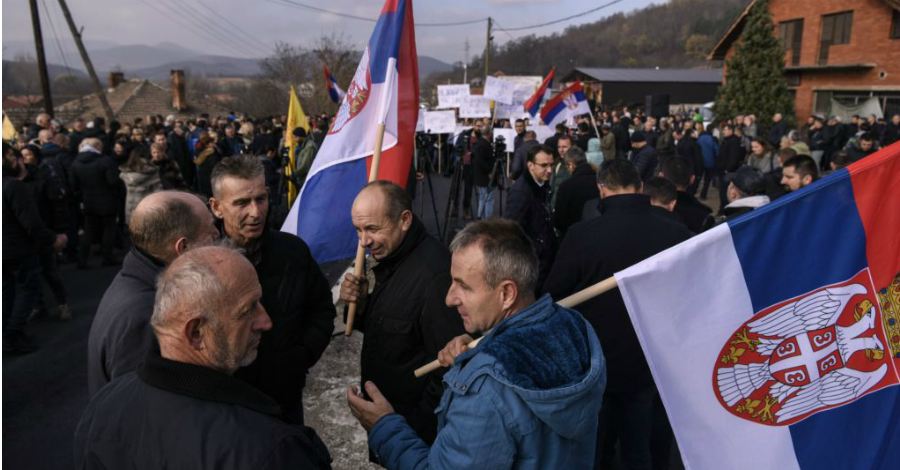
Read also: Fear amid Russia´s next moves in Balkans
2. Provoking a new migration crisis in the EU.
3. Pressing the EU countries to cut any kind of support for Ukraine.
4. Forcing Europe to negotiate with Russia and lift sanctions by threating to escalate the Balkan tensions.
5. Blackmailing by the third world war to get Russia’s conditions accepted.
Serbia by itself could not decide to conflict with Kosovo. This decision was agreed and supported by the Kremlin, Milorad Dodik, and Hungarian Prime Minister Viktor Orban, Russia’s ally who backed Dodik. Orban is unlikely let in on Moscow’s destabilization plans; probably, the Kremlin uses him behind the scenes.
Moscow keeps trying to change history by replaying historical scenarios with having favorable outcome for Russia. The Kosovo case is pretty sensitive for Russia, since it serves as an example of the people gaining independence and setting themselves free from imperial influence. The Kremlin sees Kosovo as a threat both to its geopolitical ambitions, and the integrity of Russia; Moscow is afraid of the population being eager enough to strive for the independence.
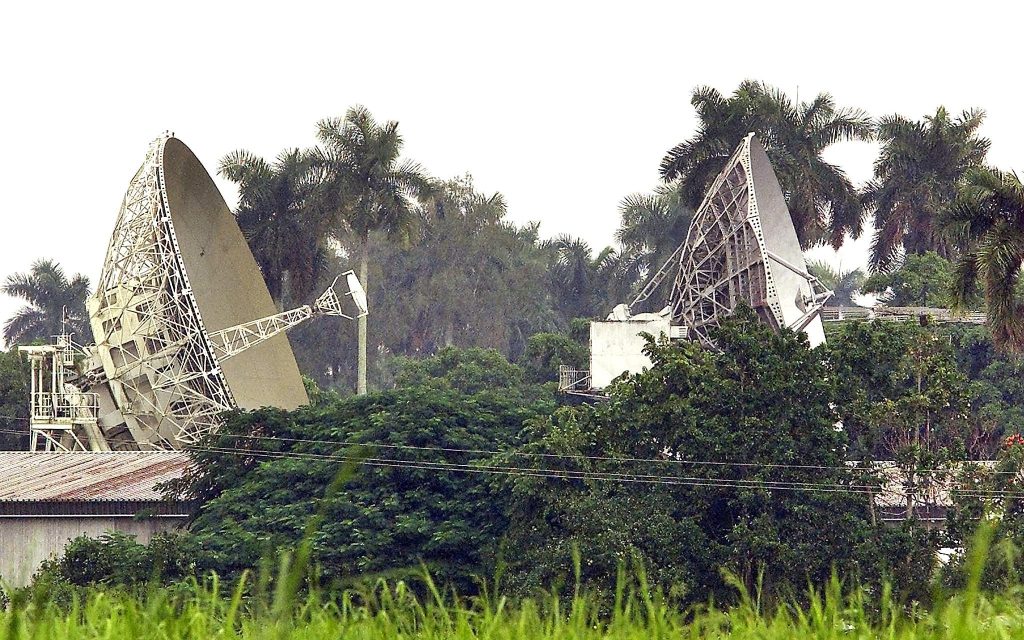
Read also: Putin trying to replay Cold War in his favor
The plan to attack Kosovo was probably worked out during the major military exercise Lightning Strike 2021 held on June 27, 2021 in southwestern Serbia. In the exercises Serbia used military equipment bought under the bilateral agreement with Russia. Last year, Serbia already tried to deploy troops next to the borders of Kosovo.
As of now, the Kremlin assists Belgrade through military intelligence. The situation is fueled by paramilitary groups engaged in building barricades similar to the ones erected in eastern Ukraine in 2014.
Because of the NATO presence in the region Moscow understands that Vučić’s chances to enter the war are pretty low. That is why the Russians make attempts to use civil clashes to provoke an armed confrontation; in this case Belgrade will have to respond.
All this activity is coordinated by the Russian intelligence center in Niš (under the guise of a humanitarian center), as well as the GRU-affiliated employees of Russian Embassy in Belgrade, in particular, Defense Attache Colonel Andrei Sobakin and his Deputy Colonel Yevgeny Anpilov.
Moscow considers Western support for Kosovo and NATO’s involvement in protecting the Kosovars from Serbian war crimes through the lens of its own relations with the West and Russian geopolitical claims in Europe. The Kremlin wants revenge and demonstration of the West’s inability to ensure security in Europe without Russia’s participation.
Russia expects that the escalation in the region may push Serbia to join the CSTO and give Moscow a green light to deploy a Russian military base in the country. In 2019, Alexander Vulin, Serbian Minister of Defense, announced that cooperation with the CSTO was debuted in the Defense Strategy of the Republic of Serbia.
In summary, the Kremlin intends to destabilize the Balkans, create the third world war threat and, on this background, satisfy its geopolitical ambitions being recognized internationally for a sphere of influence in Eastern Europe. It is likely that Moscow intentionally creates conditions that will cut Serbia-EU cooperation maneuvers and force Belgrade to step on the path of Belarus, which has become totally dependent on Russia and lost sovereignty. Therefore, the Russians want Serbia’s participation in the Kremlin’s adventures to freeze any Belgrade-EU integration projects and limit Belgrade’s foreign policy to cooperation with the Kremlin as the colony.
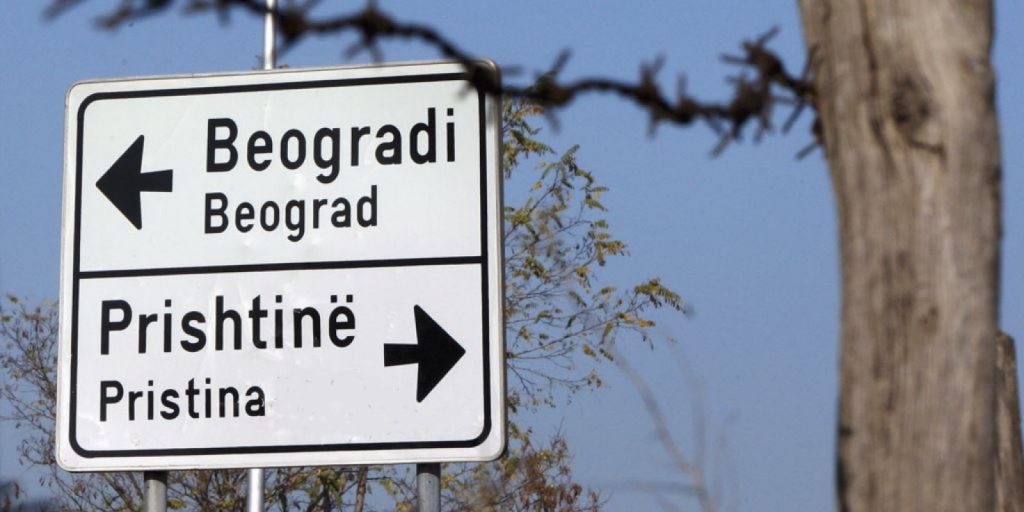
Read also: Serbia’s dangerous alliances and influences


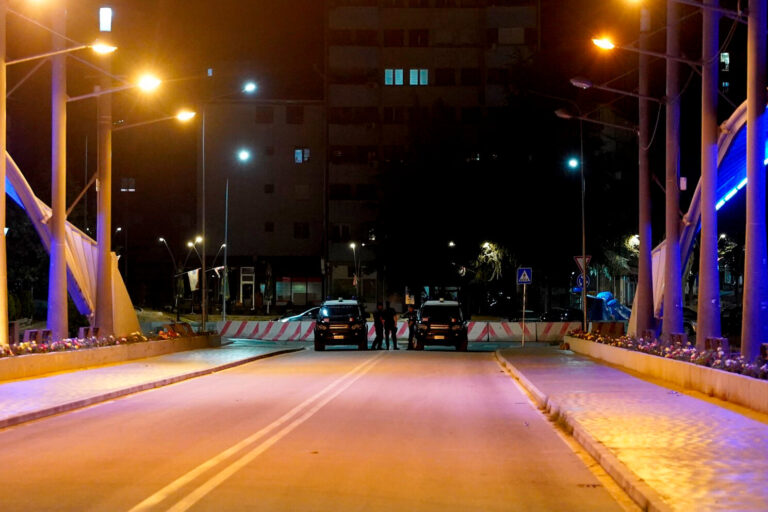
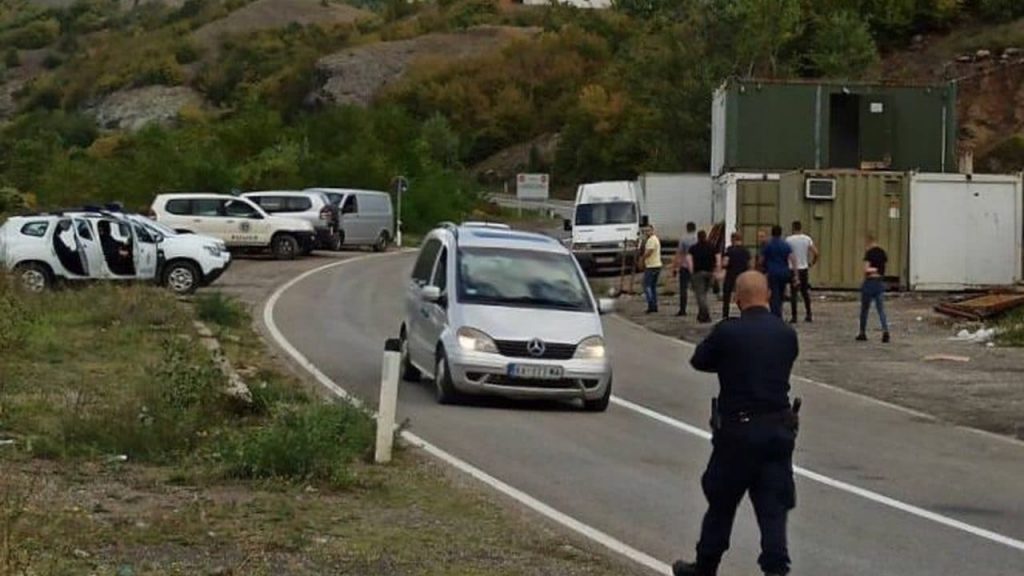
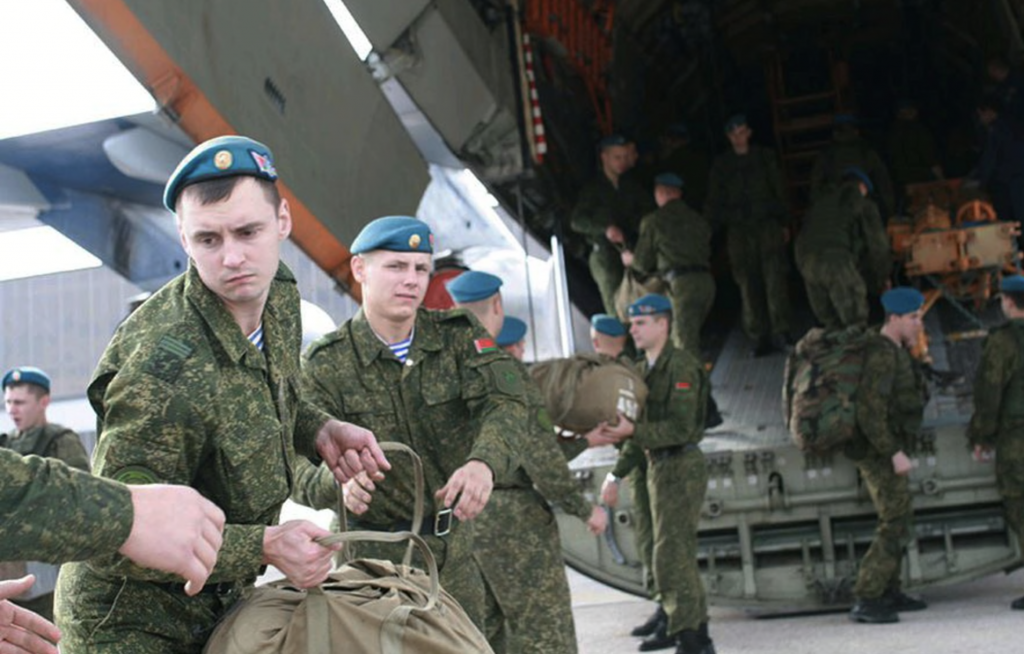
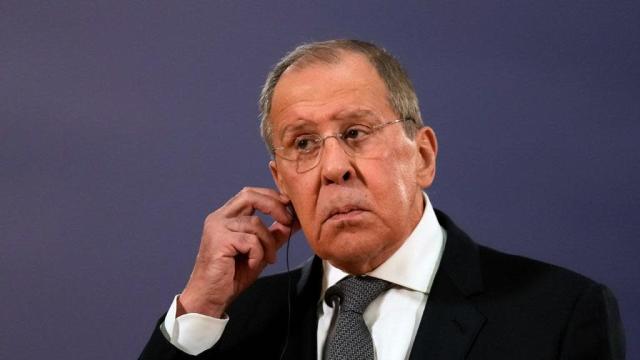


Pingback: Russia's involvement endangers security in the Balkans - Robert Lansing Institute